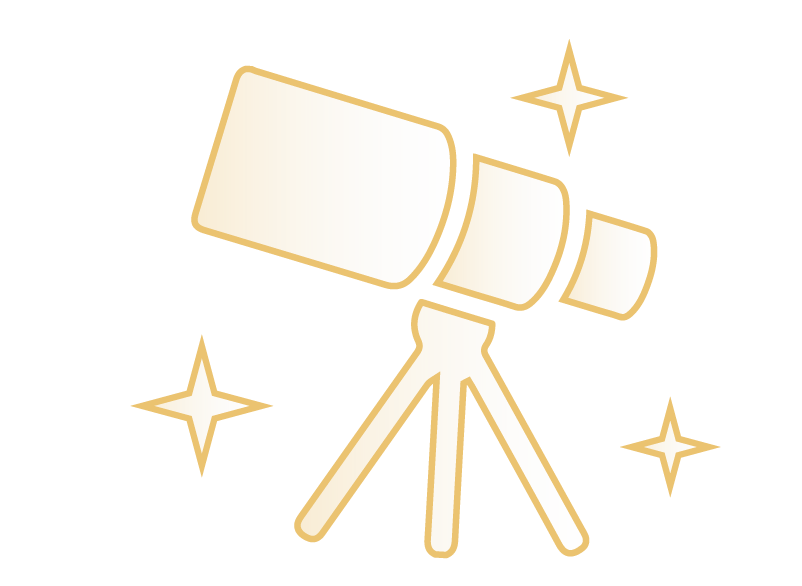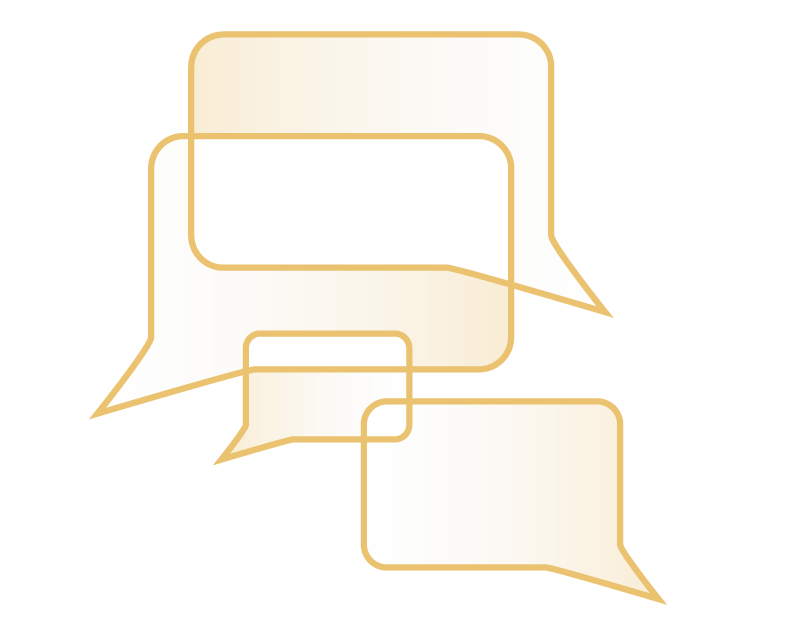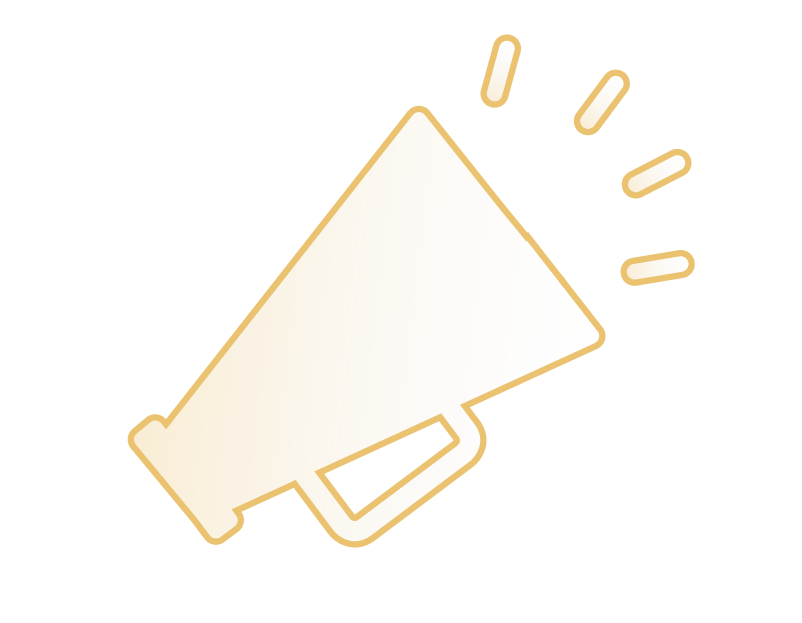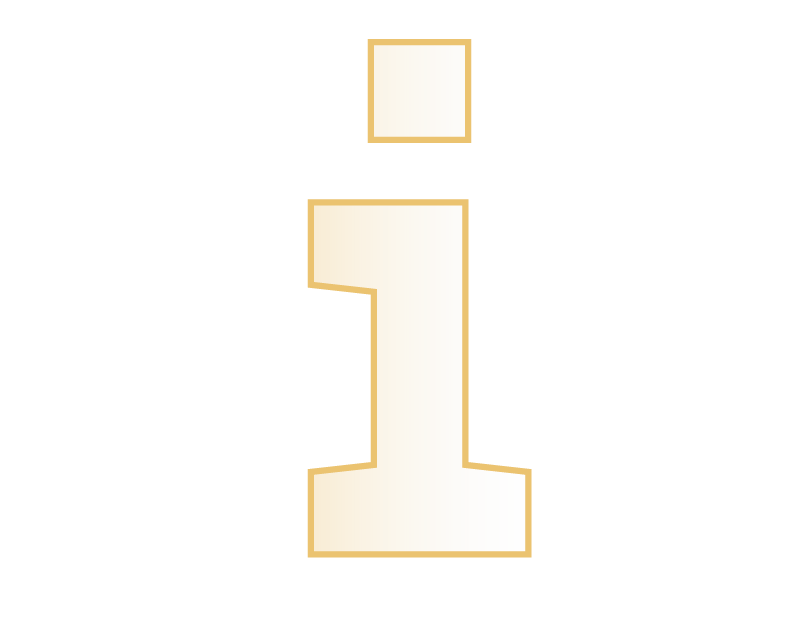
The skills and knowledge required to take an active part in a society characterised by digital technology are embedded, learned, and practiced in people’s daily lives.
The ever-changing media- and technology landscapes create opportunities for learning at all stages in life in formal and informal settings. Society itself can be understood as a learning environment. New policies and practices entailed by the high presence of digital tools have to take into account the “inclusion” or “exclusion” of different groups in society.
It is difficult in the meantime to meet the evolving skills demand in the globalising value chains. Lifelong Learning is not yet a reality for most! Readiness to learn increases with higher level of education – those already have will get more. Technology and open education open doors to groups of learners from a range of backgrounds, generations, cultures with different languages, literacies, and ways of communication.
How do educators deal with diversity in media and technology enhanced learning environments? How can such diversity be accounted for and used to transform and adapt online learning settings? How do educators, stakeholders and policy makers meet digital inequalities? What are the new challenges for teachers and educators in the new media landscapes to create meaningful contexts for learning?
The behaviour, interests and roles of learners are also repositioned. Technological innovation implies faster learning, and instruction has to be “useful” in order to motivate and engage students. In order to strengthen and stabilise learning, The collaboration between the human mind and the machine have to be regularly reconsidered. Digital technology supports sustainable environments where learners gain new perspectives on their learning, share and learn collectively, and master their own drive for learning.
It is of great importance to study how the educational framing, from policy level down to the actual learning situation, allows for various types of e-learning, open and and distance education. Diversity also causes fragmentation in learning achievements which should be carefully managed, without loosing identity of learners. One challenge is the often fragmented view of what has been achieved theoretically and practically in this field, and the ever-increasing offer of technology. How do we bring together the strengths of the past with the opportunities for the future? Co-ordination of information, knowledge and creativity is of high importance for the educational experience.
EDEN 2017 is the forum that offers a chance to work together for these goals, and to gain further insight into the core questions.

- Theory questions of diversity in ICT enhanced learning
- Concept and practice of diversity in different socio-cultural environments
- How many sorts of diversity? – learners’ attitudes, needs, media, socio-economic background, disadvantaged settings…
- Diversity and open learning environments
- Learning and the changing socio-economic demands of society in the age of large scale migration
- Challenges for teachers in the changing media landscapes in creating new contexts for learning
- Portfolios and solutions created by the new media and technology for lifelong learning
- Changing attitudes, behaviours and roles of learners in the emerging media and technology landscapes in formal and informal settings
- Digital pedagogy approaches to manage diversity in media and technology enhanced learning
- Inclusion and motivation of learner groups facing societal integration problems
- Efficiency and effectiveness of learning in environments characterised by high degree of diversity
- How can learning analytics help in assessing and handling diversity in learners background and performance
- Innovative approaches to motivate and engage learners with different socio-cultural background
- How educational framing, from policy level down to the actual learning scenario, allows for various types of ICT enhanced, collaborative, open, distance education and e-learning
- Bringing together the strengths of the past with the challenges of the present and opportunities for the future
- Finding and applying the right mix of information, knowledge and creativity in educational settings
- Structural, institutional and methodology answers of education to the employability problems
- Impacts of increasing complexity of stakeholder groups of education

The responsibility of the scholarly community includes the proper handling of diversity in education with respect to learners’ profiles, backgrounds, generations, cultures with different languages, literacies, and ways of communication as well as diversity in media and technology enhanced learning environments.
We need renowned reflections of practice that support paradigm-changing transformations based on systematic knowledge.
Join the Conference in Jönköping to tell
about your research, projects and experience connected to diversity challenges
Networking and interactivity, sharing and discussion will be core aspects of the conference experience, focusing on what you can learn from and with your peers.
Submissions that relate to the Conference Scope and one or more of the Conference Themes are welcome in paper, poster, workshop, training, demonstration and synergy formats.
Guidance for Authors
How to contribute?
Proposals should be submitted as MS Word doc files, through the online submission form.
Paper proposals should not exceed six A4 pages, including figures and references, using the format guidelines.
Poster submissions should not exceed four A4 pages, using the same format guidelines as above. Authors of posters accepted for presentation will be required to prepare a max. A0 (1189mm*841mm) size poster for display.
For workshops, please use this template to provide a thorough description of the theme, the presentation structure and speakers.
For training sessions, please use this template to provide a thorough description of the theme, the presentation structure and speakers.
Demonstration submissions should not exceed two A4 pages, and they must include a title, a short description, a summary of its novel characteristics, the features to be demonstrated and a statement of the contribution’s significance within a selection of conference themes, using the paper format guidelines. Web address to access the demo or visual aids (e.g. screen-shots) are welcome.
Synergy submissions should be fitted into a specific template, not exceeding 1,5 A4 pages, including all data, information and illustrations.
Notice
For all accepted submissions, publication and insertion in the conference programme will be subject to at least one author conference registration and payment. In case an institution / organisation wishes to introduce multiple projects, combined delivery can be arranged, but only within the Synergy Strand. To avoid clashes in timing, we advise that every submission (i.e. paper, poster and demonstration) has one designated author or multiple possible presenters registered.
The expenses of attending the conference (travel, accommodation and conference fee) are the responsibility of the author(s) or presenter(s) of accepted papers. EDEN does not offer funds to assist prospective authors. Reduced fees will apply meanwhile for authors of accepted papers. For students – full time studies, age limit 35 years – special fees may be available. Please send a short ‘motivation’ letter to the Conference Secretariat at jonkoping@eden-online.org.
Copyright for publications
EDEN publications contribute to the Open Access movement by offering free access to its articles and permitting any users to read, download, distribute, print, search, or link to the full texts of these articles, crawl them for indexing, pass them as data to software. The copyright is shared by authors and EDEN to control over the integrity of their work and the right to be properly acknowledged and cited.
To view a copy of this licence, visit http://www.creativecommons.org/licenses/by/4.0/
Contact
Should you need further assistance, do not hesitate to contact the Conference Secretariat at jonkoping@eden-online.org.

Paper presentations
Presentation of research results, reviews of existing results (including empirical or theoretical studies, policy reviews, comprehensive case studies), and project results that are in a conclusive phase.
Workshops
Hands-on, practical application of ODL methodologies and/or technologies within a workshop environment.
Posters
Work-in-progress, initial research results, projects in early stages of development, and case studies. Poster presentations will be themed in related sessions.
Demonstrations
Showcase of practical innovation, products, technologies and tools. Demos offer an opportunity to exhibit prototypes and to exchange ideas and collect feedback from expert users.
Synergy sessions
Meetings of fellow project managers and researchers to share and discuss EU projects and initiatives – preferably that display thematic cross sections with conference themes.
Training sessions
Training sessions focusing on a particular topic, setting clear training objectives, competency areas and/or skills to be acquired by the participants– are invited.
Selection
Evaluation of submissions is done by double peer-review. Decisions on acceptance will be based on originality, innovation and quality of contribution, on the proposal’s relevance to the conference themes, further the proven experience of the author(s). Contributions not matching the conference themes will meanwhile also be considered if they bring new knowledge and benefit to delegates.
At the time of submission, authors will also be asked to express their preference for a presentation format. The reviewers and the program committee can also make recommendations as to the format. Presentation format will be assigned in order to maximize the interactive conference experience, balanced by considerations of the nature of the work, author preferences, and the program committee’s review process.
Publication
Proposals should be written in English, please make sure that your document is spell checked and proofread before submission. Proposals are expected to make relevant contribution to the field and meet customary academic requirements. Full text submissions are awaited – abstracts are not required in advance.
Accepted contributions (with the exception of workshops, training and demonstrations) will be published in the electronic Conference Proceedings and their summary in the Book of Abstracts.
Please note that all fully registered conference delegates (with payments received) will gain electronic access to the pdf version of the Proceedings, the CC licensed Book of Abstracts (including the Book of Projects) two weeks before the conference
Acknowledgement of quality and excellence
The tradition of awarding the EDEN Best Research Paper will be continued. The selection process takes place in collaboration with the Ulrich Bernath Foundation for Research in Open and Distance Learning. In addition, a Best Poster award will be given with the help of the Organising Committee.








